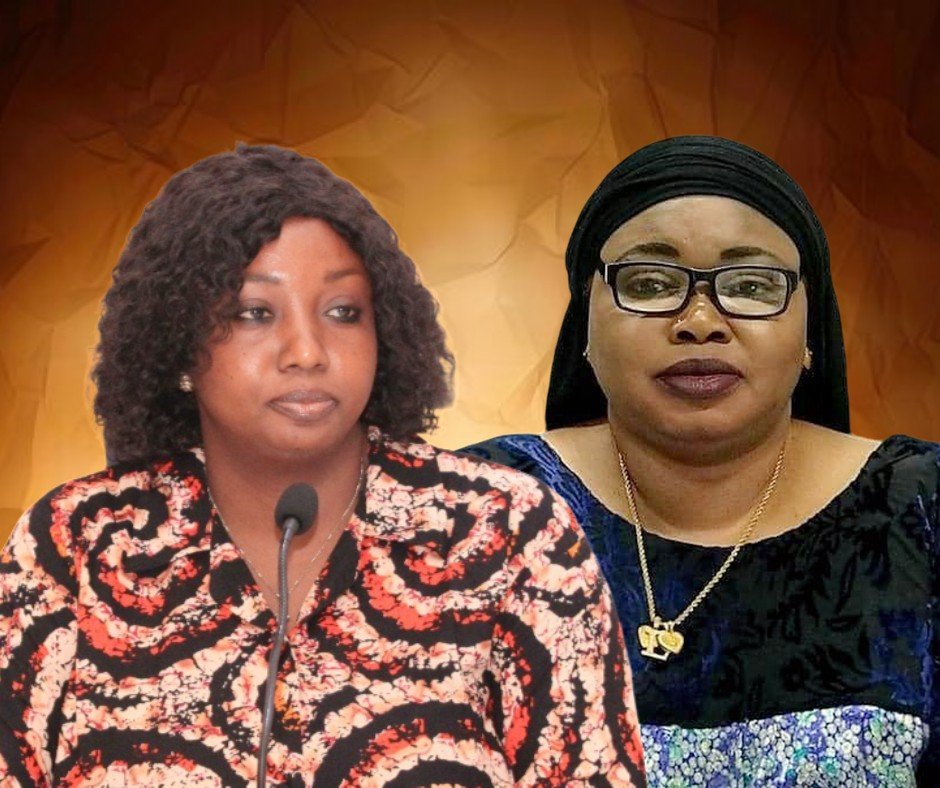A D100,000 voucher purportedly used to purchase medical goods for a research project under her supervision has been rejected by Phabian Ina Grante Sanyang, a health consultant with the Banjul City Council’s (BCC) Ostend Project, as both authorizing and signing it.
In her testimony before the Local Government Commission of Inquiry in The Gambia on Monday, Ms. Grante Sanyang distances herself from the voucher in question, which had her name, phone number, and a self-affixed signature. According to reports, project administrator Muhammad Cham created the paper, which was connected to the acquisition of materials for a study on burn therapy using aloe vera.
Inquiring regarding the voucher’s signature, Lead Counsel Patrick Gomez pointed out that it had been presented as Ms. Grante Sanyang’s.
The stern reply from Ms. Grante Sanyang was, “No, this is not my signature.” While mine is closed, this one is open. They faked the signature, but they have my name and phone. I don’t sign that.
The health consultant denied having any prior knowledge of the document’s existence and claimed to be seeing it for the first time during her testimony.
Prior to showing the voucher, Counsel Gomez requested a fresh sample of the witness’s signature, which was compared to the one on the contested document. There were obvious differences between the two, he observed.
Ms. Grante Sanyang also stated in her testimony that she did not receive the entire D100,000, but she did admit that she was given some of the money to buy certain medical items that were not sold by a single vendor.
“I can’t recall how much was handed to me. She remarked, “I don’t even recall being handed a check to cash.”
Her prior written statement, which said that she had received the entire amount, was cited by Counsel Gomez. “Is that not the case?” he inquired.
Although the check may have been written for D100,000, the witness explained that she did not physically handle the full amount. A portion of the money was sent straight to Kairaba Pharmacy, she clarified, and she used it exclusively to purchase goods that were unavailable elsewhere.
Because we can’t obtain all the products at once, I was told to get other things, she said.
Counsel Gomez warned the witness that she may be cleared of wrongdoing or implicated by her statement.
“I didn’t take this money out,” Ms. Grante Sanyang reiterated. “I know they gave me some, but I don’t remember how they gave it to me,” she claimed. “It wasn’t D100,000.”
In response to Counsel Gomez’s question about if she needed more time to explain her story, Ms. Grante Sanyang said she would have to look through her papers.
“Only two outcomes are possible,” Counsel Gomez stated adamantly. “You either plot with them or you don’t want to be found out.”
He further underlined that she was accountable for supplying the commission with proof. Should she be unable to prove she was not a part of any plot, she would be deemed equally implicated. Counsel Gomez encouraged her to speak the truth and reminded her that it was her decision.
After being excused, the witness was asked to provide the commission with her banking information and other documents. Wednesday was her anticipated return date.
She also presented a proforma invoice to the commission, claiming to have gotten it from the aloe vera supplier for the project. She clarified that the purpose of requesting the invoice was to confirm the aloe vera purchase.


